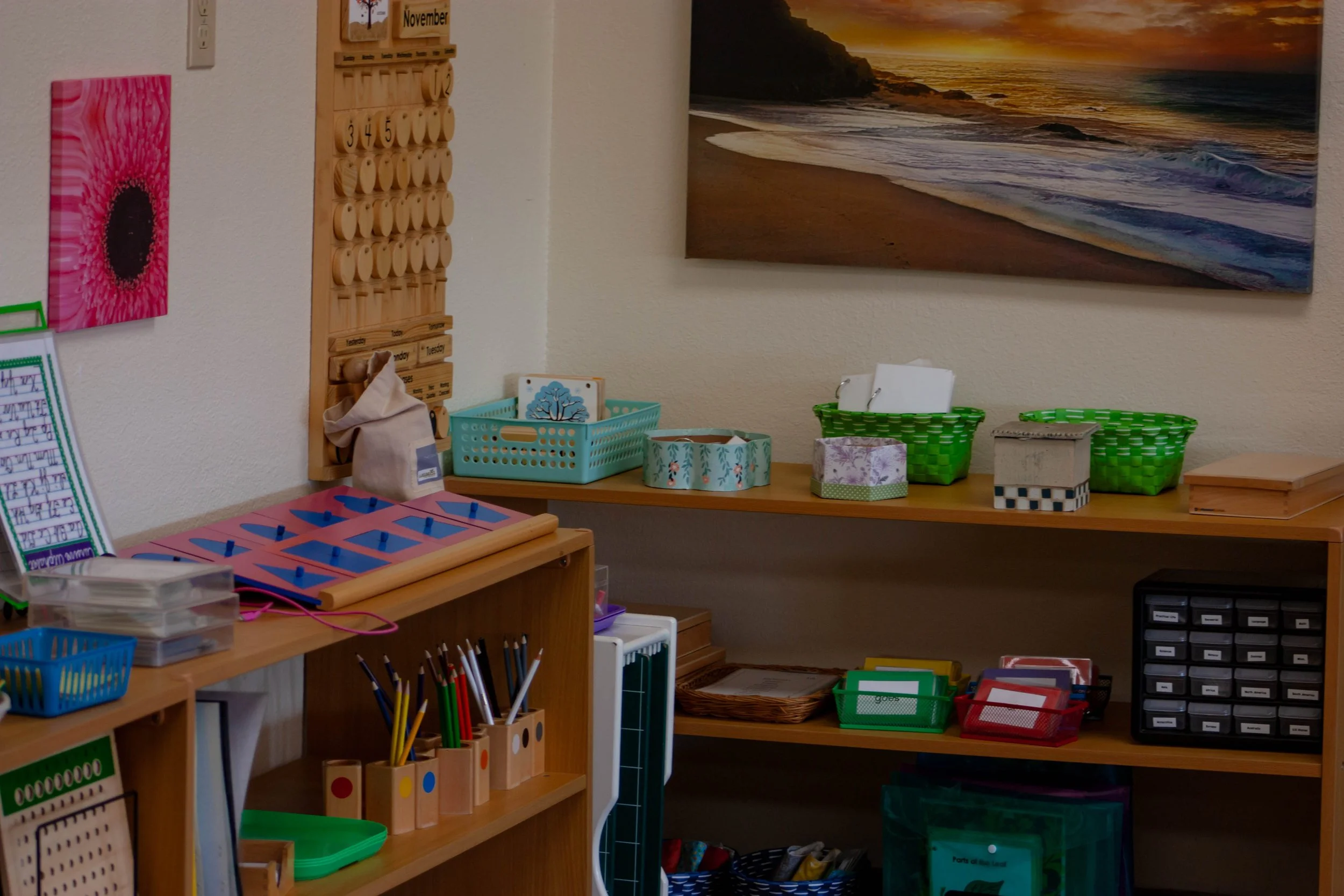
Your Child’s Development
The foundation of the Montessori method of education is the Four Planes of Development. At each plane, the associated human tendencies and characteristics inform how one can best prepare an environment for optimal learning.
"I have found that in his development, the child passes through certain phases, each of which has its own particular needs. The characteristics of each are so different that the passages from one phase to another have been described by certain psychologists as 'rebirths'."
~ Dr. Maria Montessori (The Four Planes of Education, page 1)
First Plane (Birth to Age 6):
“What is That?”
“There is in the child a special kind of sensitivity which leads him to absorb everything about him and it is this work of observing and absorbing that alone enables him to adapt himself to life. He does it in virtue of an unconscious power that exists in childhood… The first period of the child’s life is one of adaptation.”
~ Dr. Maria Montessori (The Absorbent Mind, page 57)
-
Period of enormous physical and psychological transformation
Child absorbs information effortlessly
Intense urge to be independent and do things by themselves
Drawn to active experience with materials
Need to feel loved and protected
Critical period of language development
All kinds of movements; gross motor and fine motor skills are practiced and refined
Adapting to own culture by imitating social customs and manners
Intense need for order and structure provides sense of security
Need for love and protection
Second Plane (Ages 6 to 12):
“Why or How Is It?”
“Since it has been seen to be necessary to give so much to the child, let us give him a vision of the whole universe. The universe is an imposing reality, and an answer to all questions. We shall walk together on this path of life, for all things are a part of the universe, and are connected with each other to form one whole unity.”
~ Dr. Maria Montessori (To Educate the Human Potential, page 5)
-
Change from concrete to more abstract thinking
Period of rich imagination drives intellectual curiosity
Big ideas leading to big work
Change from baby-like features to a more leaner and stronger physique
Strong sense of justice and morality
Social: “Herd Instinct”, desire to be part of a group
“Hero” worship of individuals who represent own values
Third Plane (Ages 12 to 18):
“Who Am I?”
“The adolescent must never be treated as a child, for that is a stage of life that he has surpassed. It is better to treat an adolescent as if he had greater value than he actually shows than as if he had less and let him feel that his merits and self-respect are disregarded.”
~ Dr. Maria Montessori (From Childhood to Adolescence, page 72)
-
Rapid physical and emotional changes
Emotional vulnerability and active search for own identity
Great period of introspection and refinement of moral compass
Wants to be independent from family and drawn to own peers
Stands behind causes and real-life experiences to make a difference
Need for supportive adults who guide through mistakes
Meaningful work and contribution to the community leading to heightened self-esteem
Fourth Plane (Ages 18 to 24):
“What Will I Do?
“Culture and education have no bounds or limits; now man is in a phase in which he must decide for himself how far he can proceed in the culture that belongs to the whole of humanity.”
~ Dr. Maria Montessori (Four Planes of Education, page 14)
-
Actively building social circles, emotional maturity and spiritual life
Defining identity, place in the world and how to contribute to society
Career decisions are based on pursuit of personal interests and desire for financial independence
Period of deep introspection to establish own values and beliefs





